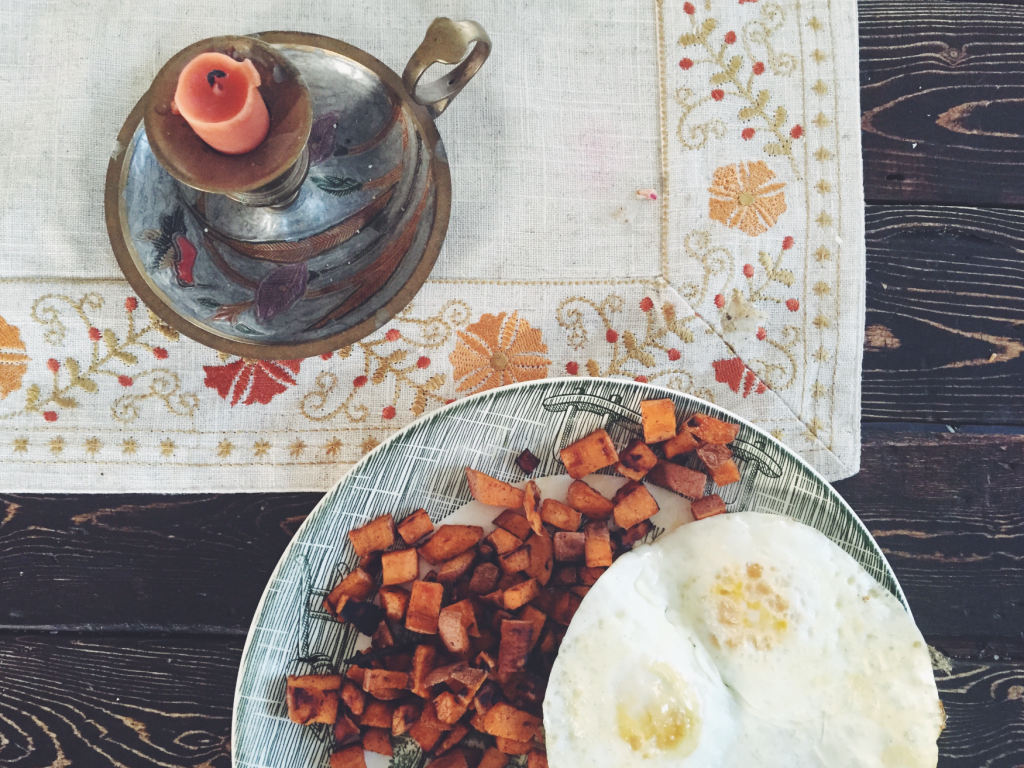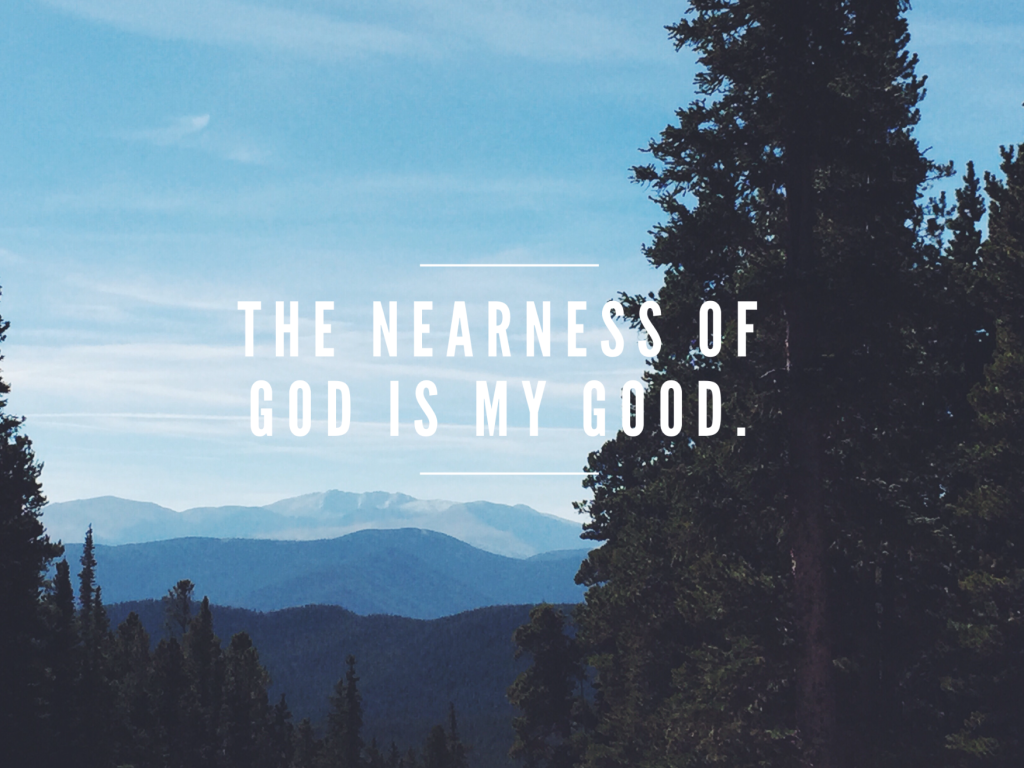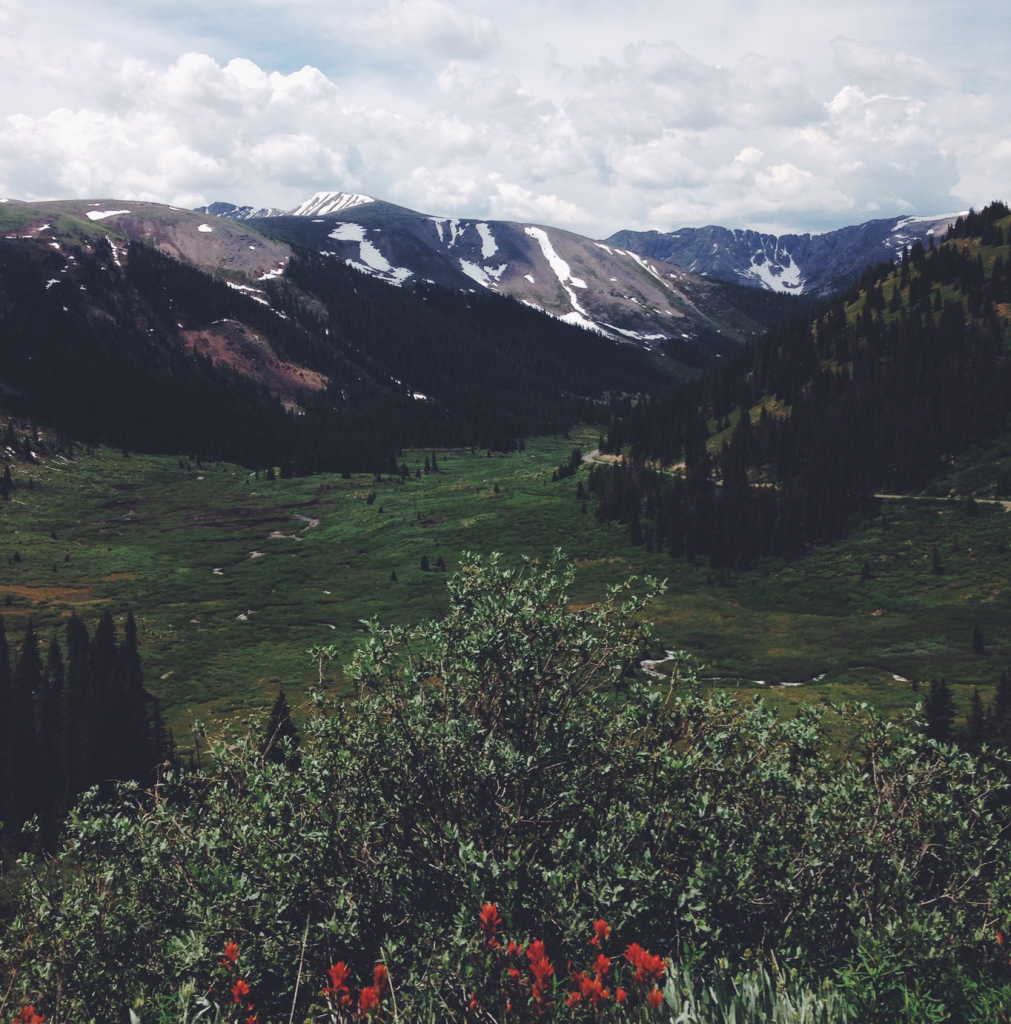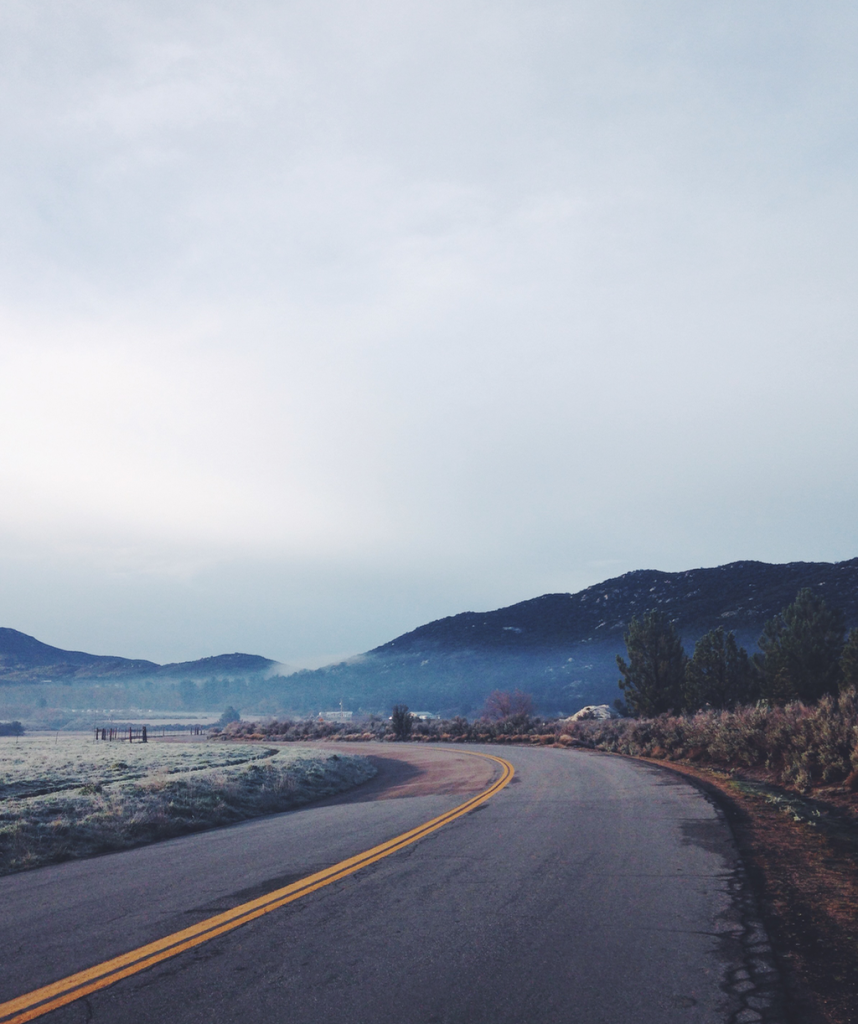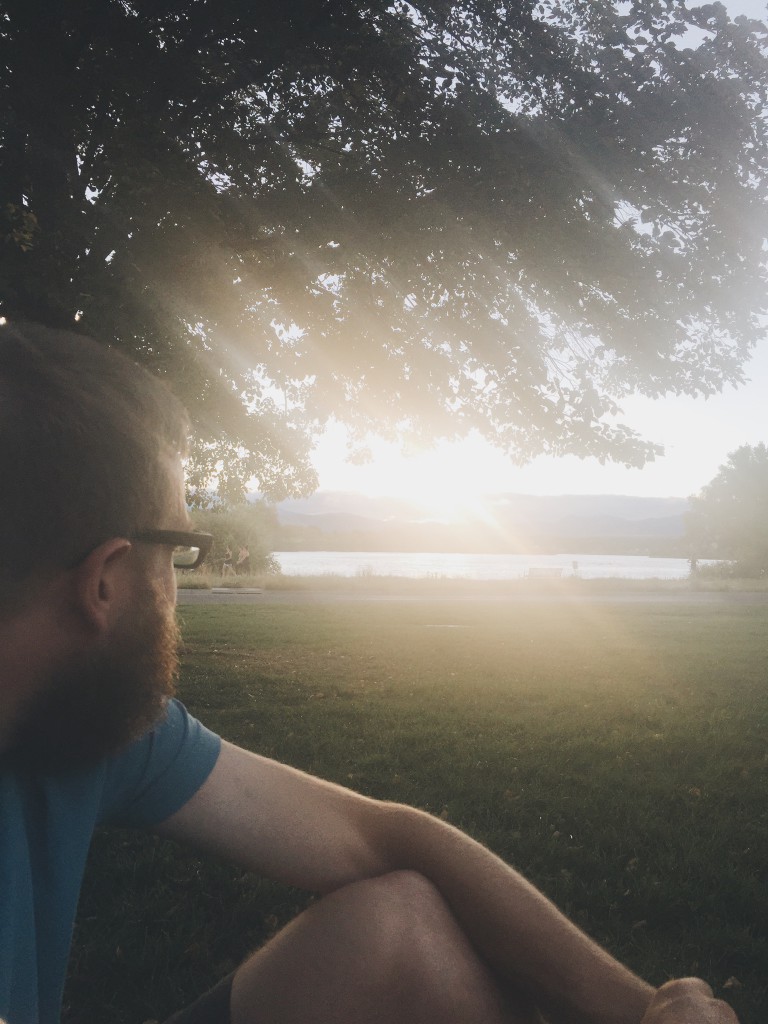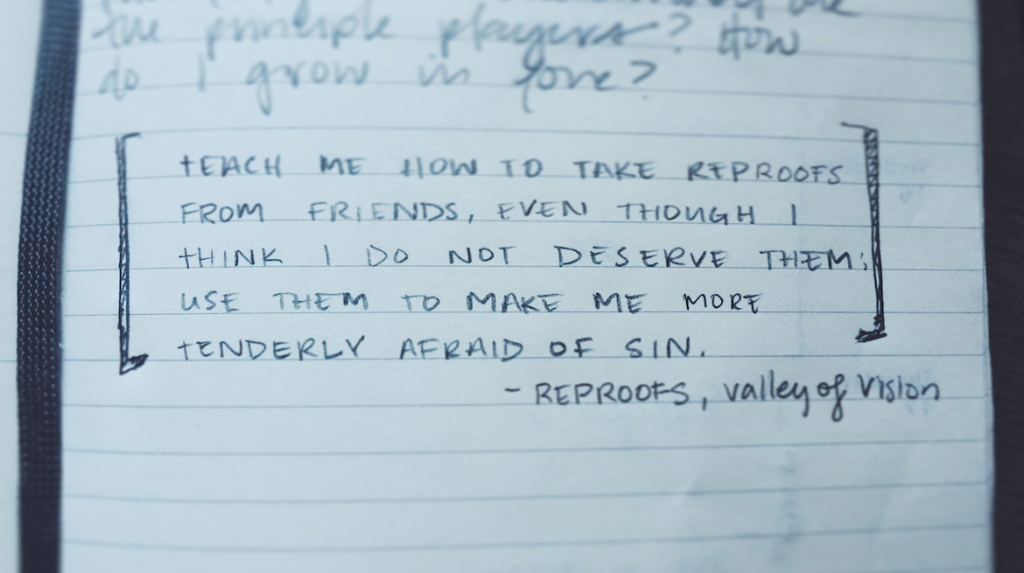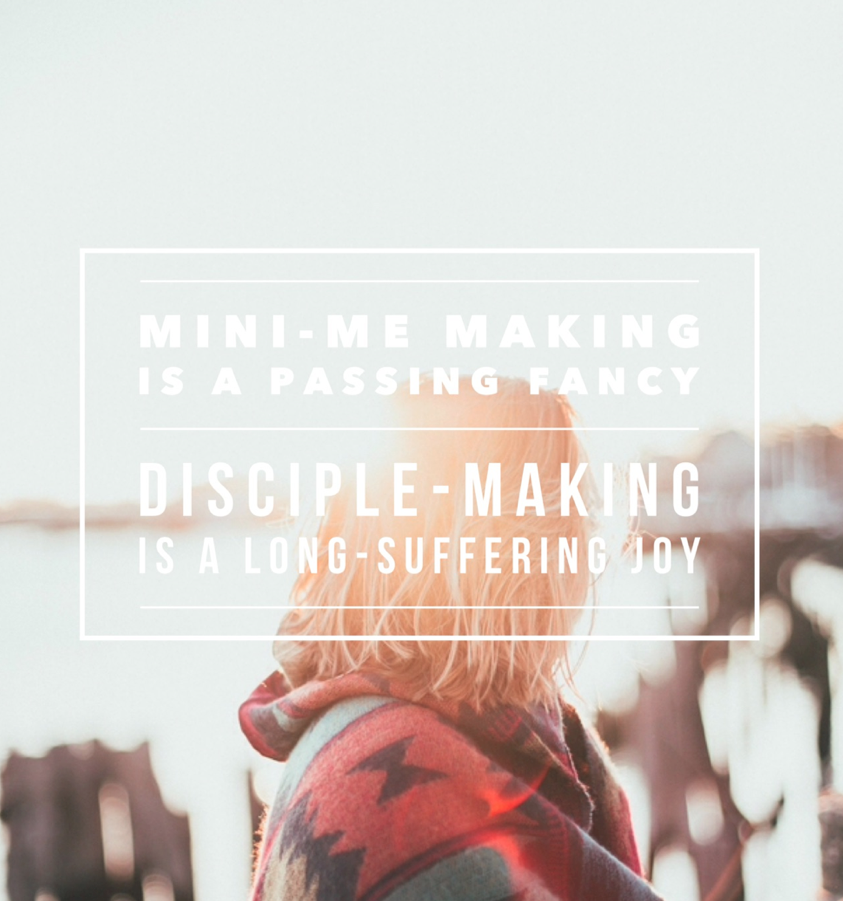Eschatological Breakfasts
It occurs to me that I should not tell you the husband has taken to cooking breakfast in the morning. When we first married his plat signature was eggs, “scrambled” in the pan on high heat, and occasionally rice, boiled to mush. Now he handles cast iron cooking like a champ, flipping the over easy eggs over nice and easy, and sizzling sweet potatoes to the perfect combination of crispy on the outside and soft on the inside. He always puts some sort of seasonal fruit on the side. And he always makes coffee first thing. It occurs to me I should not tell you this because I’ll come off sounding like one of those pastors who talks about their “smokin’ hot wives” and infuriates bloggers everywhere: This is my husband, who makes perfectly runny eggs and does it with a smile. In the dearth of authenticity for the generation whose god is authenticity, a model from New Zealand edited all the captions on her instagrams. It’s all over the news this week, as if it is news that the perfect poses took a hundred attempts and her body didn’t come with sacrifices. We all know, underneath the exterior, the presentation, the cropping, and the editing, real life is being lived. We’re doing our best to pretend it’s not, but we all know it is.
This is what the writer meant when he said “Eternity is written on the hearts of men,” and what Jesus intended when he said, “Go into all the world and teach the good news.” We have all been imprinted with life and death and their looming realities, and we all have to hear someone tell us “Yes, that’s true,” or we won’t believe. News isn’t really news, it’s just information, or confirmation, if you will: It really is this bad or this good.
So my husband is making breakfast and it’s a simple thing really, but I heard my pastor say once, “The good will keep getting better, and the bad will keep getting worse.” He was talking about the end of time and the beginning of the kingdom and I loved those words because they are truth and they say two things to me:
The good will keep getting better: All the sanctification worked in our hearts produces fruit of everlasting goodness. It is tainted with sin, yes, but gloriously and increasingly reflecting the God whom we image. That my husband cooks a better breakfast than he did five months ago is not only evidence of a growth in skill, it is an evidence of his desire to serve and love his wife. He is being progressively sanctified, growing in love for his Father and so too in love for his wife. Making breakfast is simply evidence that eternity is written on his heart (and perhaps his belly too). I hesitate to tell you he makes our breakfast because there are a hundred thousand of you for whom that is not true. But where is it true in your life? Where has the good become better as you or someone you know reflects the image of God? That is reason for worship! Not the thing itself, but the God who made it happen.
The bad will keep getting worse: As Christ sanctifies us and grows us in Him, we will see more and more clearly the depth of our own sin. Nate makes us breakfast, but it is sandwiched by conversations daily on the brokenness of our hearts and in the hearts of those we love. In the still dark morning hours, I pray for him and he prays for me, that we would know Christ because we are increasingly aware of our inability to be Christ and to fail Him and those we love. The badness outside our home only looks worse than the badness inside our home—but it’s not really worse. Where is that true in your life? Where do the perfect poses and pithy phrases fall short and you feel the bad getting worse? Praise God He did not make us automatons, robots of code and conduct. Praise God the bad gets worse so we can know he is shaking and stirring and sifting all the dross from the gold. That there is hardship in your world is proof God is still at work. Praise Him for not forgetting you, for writing eternity on your heart and for evidencing it by the longing you have for goodness and beauty.
And now I must go, my breakfast is getting cold.

